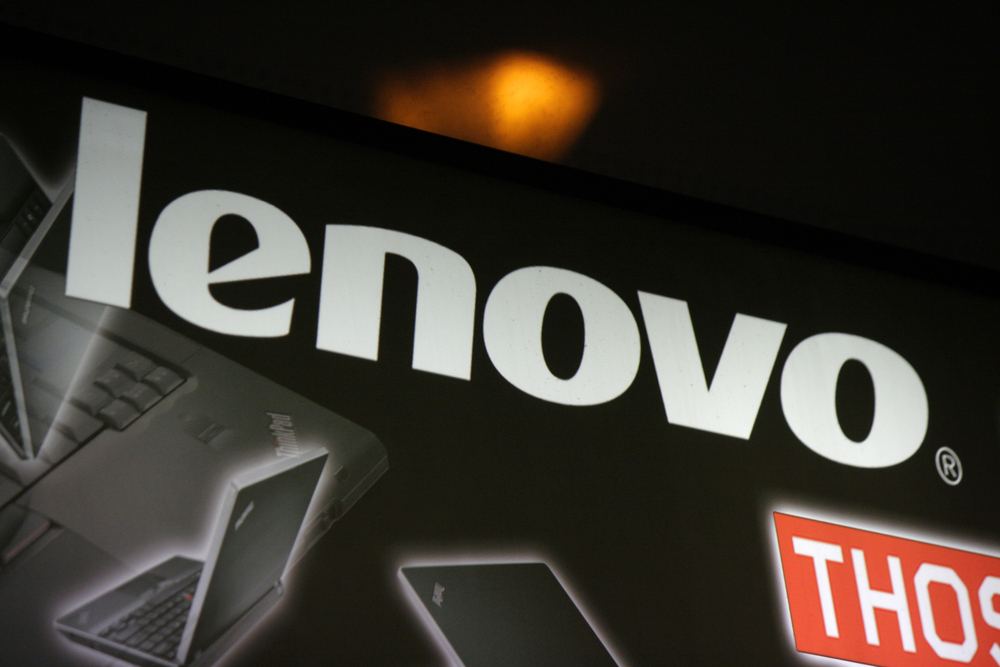

Lenovo has been fined $3.5 million (£2.7m) and ordered to review its cybersecurity testing by US authorities after the Chinese PC manufacturer distributed the ‘harmful’ Superfish adware with its laptops.
The Chinese manufacturer started shipping laptops pre-installed with software called ‘VisualDiscovery’, built by a company called Superfish, back in September 2014.
VisualDiscovery delivered popup ads from Lenovo’s retail partners when a cursor hovered over a similar product, however to do this it collected personal information from web browsers without their knowledge or consent.
The programme only collected certain information such as IP addresses and website data, but was capable of accessing much more, such as payment details and social security numbers.
Furthermore, it used an insecure method of replacing digital certificates with its own and used the same password across all affected laptops
This posed a serious security risk as hackers could generate a key to the adware’s certificate, spoofing the users into thinking they’re safe on websites such as banks, all the while slurping up their information.
The Federal Trade Commission (FTC) has said Lenovo must gain permission for users for future adware and will have to test its software for security flaws for the next 20 years. This will be subject to third party audits.
“Consumers have a reasonable expectation that their personal information will be protected when they purchase a new personal computer,” said Connecticut Attorney General George Jepsen, who led the case with counterparts in Illinois, Pennsylvania and 29 other US states.
“In this case, Lenovo instead built software into devices that compromised consumer privacy and failed to make adequate disclosures to consumers that their personal information was being collected and transmitted to a third party. We appreciate Lenovo’s cooperation in bringing this matter to an appropriate resolution.”
Lenovo has previously publicly apologised for the incident and pledged that its Windows 10 laptops would be free of the software.
“Today it was announced that Lenovo has reached settlements with the Federal Trade Commission (FTC) and a coalition of thirty-two U.S. states to resolve their concerns related to the third-party ‘VisualDiscovery’ software that Lenovo pre-installed on certain consumer laptop products in late 2014 and early 2015,” said Lenovo.
“While Lenovo disagrees with allegations contained in these complaints, we are pleased to bring this matter to a close after 2-1/2 years.”
Do you know all about security in 2017? Try our quiz!
All Cybertrucks manufactured between November 2023 and February 2025 recalled over trim that can fall…
As Musk guts US federal agencies, SEC issues summons over Elon's failure to disclose ownership…
Moonshot project Taara spun out of Google, uses lasers and not satellites to provide internet…
Pebble creator launches two new PebbleOS-based smartwatches with 30-day battery life, e-ink screens after OS…
Amazon loses appeal in Luxembourg's administrative court over 746m euro GDPR fine related to use…
Nvidia, xAI to participate in project backed by BlackRock, Microsoft to invest $100bn in AI…